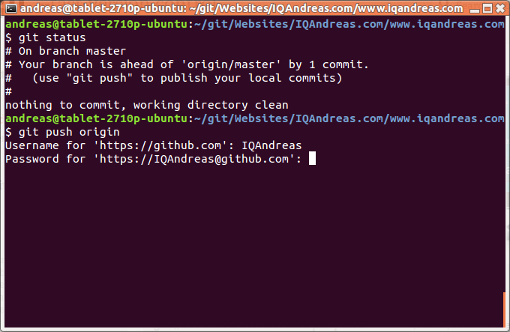TL;DR version: Skip to In a nutshell.
This article assumes you understand the notiation for file system permissions, and have a basic grasp on the topic. If not, there is a nice starter article on the Ubuntu community wiki:
By default, when you create a file in Ubuntu as a standard user (either in Nautilus or with touch), it gets the permission of 644. If you mark that file as executable, as expected, it gets the permission 755.
What may be surprising is that directories also have a default permission of 755. Even though it seems like directories aren’t the type of thing that would be “executed”, this flag is actually very important to Linux!
